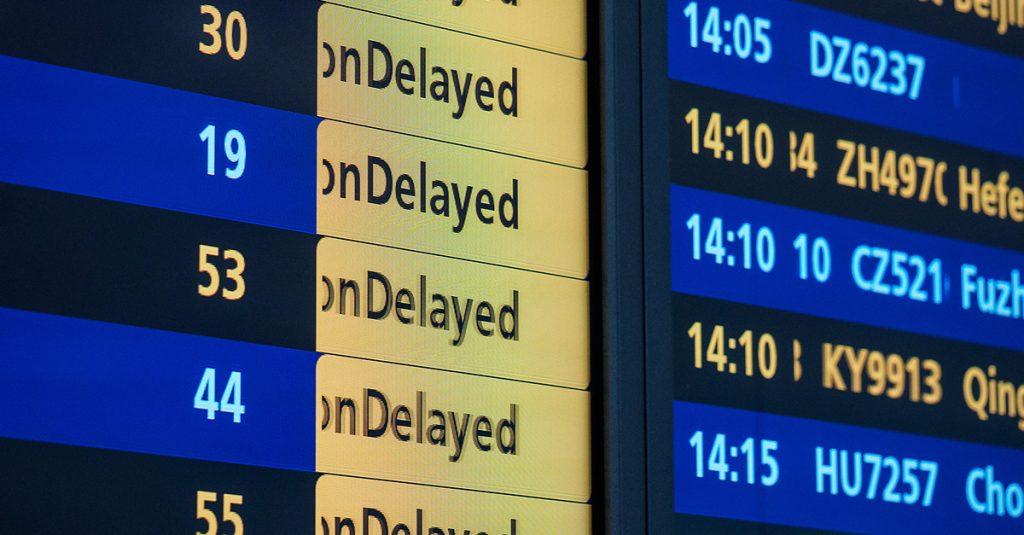In a landmark decision, the European Court of Justice (ECJ) has clarified regulations regarding flight compensation. Air passengers who fail to present themselves for delayed flights forfeit their compensation rights. This clarification is pivotal for travellers and represents a significant interpretation of EU Regulation 261.
The recent ruling by the ECJ stems from a case involving the airline Laudamotion and claims-handler Flightright. The case questioned whether passengers obligated to compensation under EU Regulation 261 could forfeit this right by not checking in, even if informed about significant delays. Specifically, this resulted from a flight delay from Dusseldorf to Palma de Mallorca, where passengers did not present themselves for boarding.
Flightright argued that the ruling should apply as if the flights had been cancelled, however, the ECJ ruled otherwise. The clarification from the ECJ affirmed the necessity for passengers’ physical presence, dismissing the notion that online check-ins alone would suffice for compensation eligibility.
This decision highlights the importance of personal accountability for passengers, urging them to remain present despite anticipated delays. The ruling underscores that expectations for compensation are linked directly to compliance with existing flight protocols.
The travel industry at large may need to adapt its communication strategies. Clarifying the implications of this ruling to passengers could become integral in customer relations to prevent misunderstandings and manage expectations effectively.
Clarification from UK authorities regarding their position on this ruling may be necessary. Until then, passengers should be aware of the potential divergences in compensation claims between UK and EU flights.
By affirmatively requiring physical presence even in the face of delays, the ruling aims to ensure accountability and clarity in passenger travel entitlements.
The ECJ ruling offers clear guidance on the necessity for passengers to be present when seeking flight delay compensation. This decision enforces a comprehensive understanding of passenger rights under EU Regulation 261 and highlights personal responsibility.

